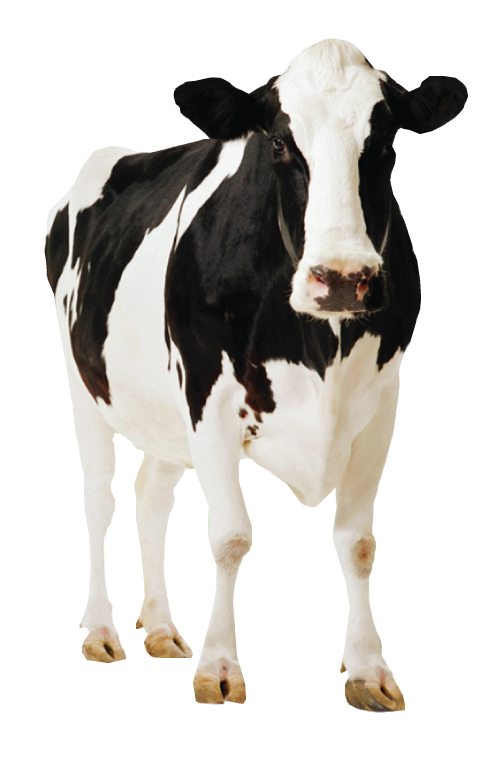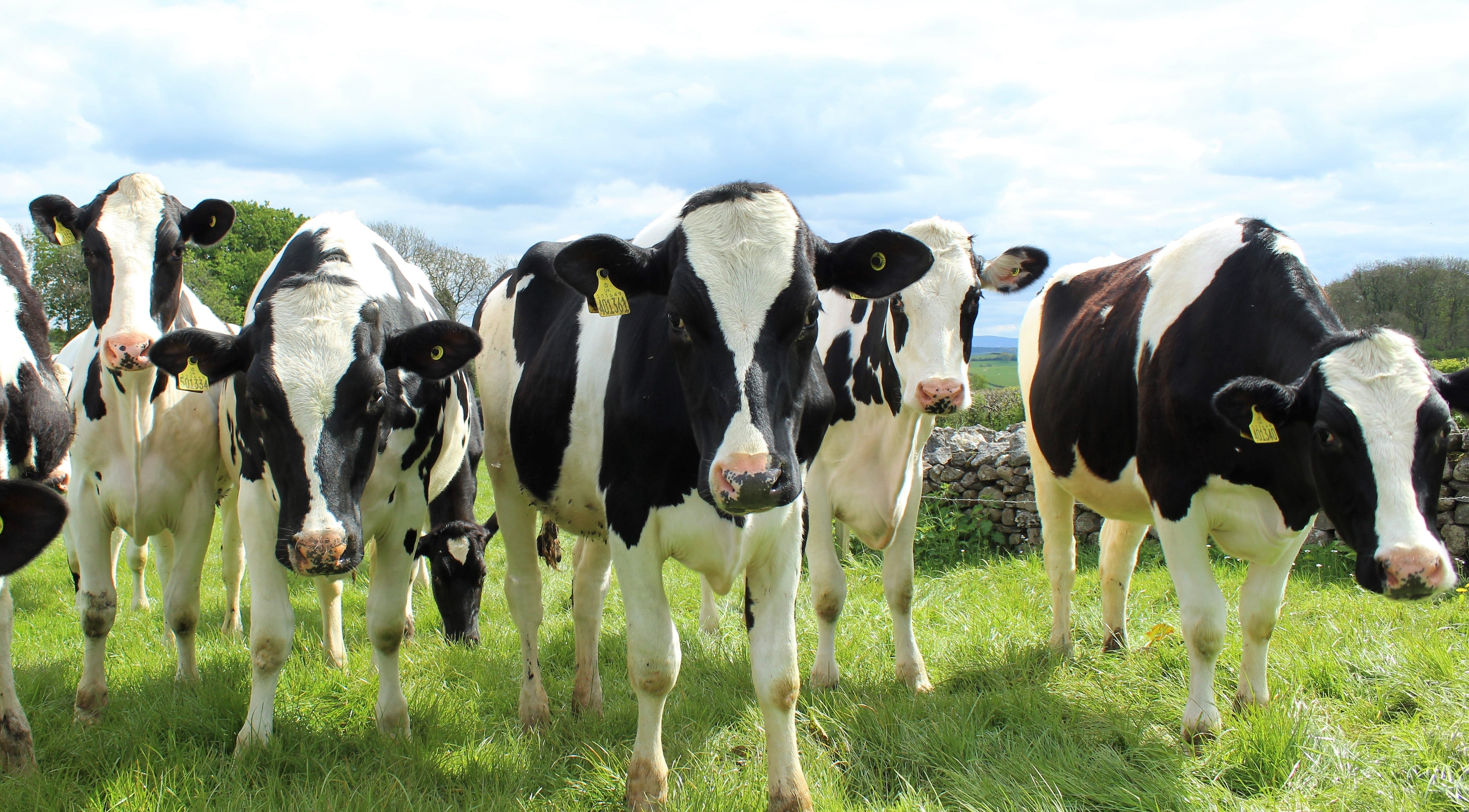Awanui Veterinary has validated a multiplex mastitis PCR (polymerase chain reaction) test which specifically targets the presence of certain mastitis pathogens in milk samples. It will detect all targeted species, overcoming the problem encountered with mixed bacterial growth in cultures, and can also produce a result when there has been no growth from culture*.
Mastitis can be caused by over 100 different contagious or environmental microorganisms but staphylococci, streptococci and coliforms are among the most common organisms responsible. Accurate species identification is required to enable administration of the most appropriate treatment for control of disease. Up until now, milk culture has been the most common method of identifying the organisms responsible for mastitis, but this technique relies heavily on obtaining a clean sample with no contamination from the outside of the udder. In approximately 5% of cases*, milk cultures return a growth of mixed organisms, and no way to determine if any significant isolates are present.
This exciting new mastitis PCR test is able to identify the presence of pathogens without the need for culture, by detecting the bacterial DNA. It will identify the most common mastitis causing species:

- Staphylococcus aureus
- Streptococcus uberis
- Streptococcus dysgalactiae
- Streptococcus agalactiae
The PCR test can also identify the presence of the most common staphylococcal β-lactamase penicillin resistance genes and Mycoplasma bovis.
The advantages of PCR over culture include:
- Increased sensitivity – detects bacteria missed by culture
- Simultaneously detects all targeted species overcoming the problem of ‘mixed growth’ from culture
- Can be used on treated cows since antibiotics do not interfere with testing
- Identifies staphylococcal β-lactamase penicillin resistance genes
- M. bovis can be detected in the same test
As with culture, results should always be interpreted together with the clinical findings, somatic cell counts and relevant history.
Samples required: Milk
Turn-around time: 1-3 working days
Cost of testing: Refer to current price book
*McDougall S, Arthur DG, Bryan MA, Vermunt JJ, Weir AM. Clinical and bacteriological response to treatment of clinical mastitis with one of three intramammary antibiotics. NZ Vet J. 2007, 55:161-70.

